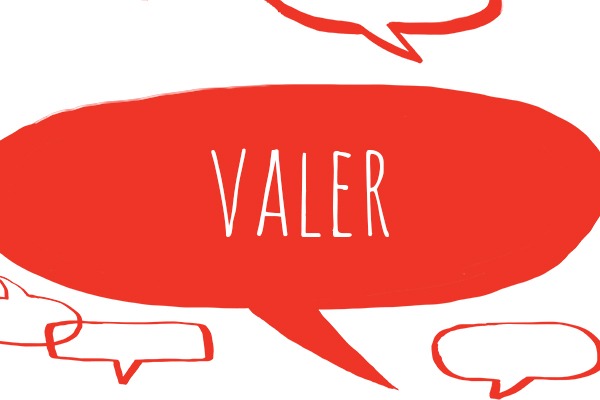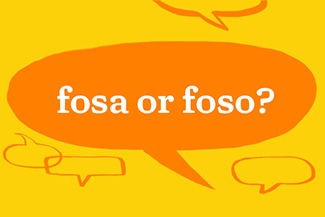This week’s Spanish word of the week is valer.
Valer is a verb that means to cost; to be worth and you can find out how to pronounce it here:
function playAudio(url) { new Audio(url).play(); }You’ll probably already know the first meaning, as in:
¿Cuánto vale? How much does it cost?
Another very useful construction is más vale… followed by a verb in the infinitive, or in the subjunctive, meaning it would be better to…, you’d better…, I’d better… and so forth.
Más vale que te lleves el paraguas. You’d better take your umbrella.
Más vale no hacerlo. It’d be better not to do it.
This phrase is also used in a widely-used proverb:
Más vale tarde que nunca. Better late than never.
And also in this rather longer one:
Más vale lo malo conocido que lo bueno por conocer. Better the devil you know than the devil you don’t know. (literally, ‘better the bad you know than the good you don’t know yet’).
Another very common meaning of valer is to be worth.
El terreno vale más que la casa. The land is worth more than the house.
This verb is very often used in the phrase valer la pena, which means to be worth it.
una película que realmente vale la pena ver a film that’s really worth seeing
No vale la pena. It’s not worth it.
Related to this use of the word is the following proverb. Notice how the Spanish version increases the number by a factor of 50.
Más vale pájaro en mano que ciento volando. A bird in the hand is worth two in the bush. (word for word, ‘a bird in the hand is worth a hundred flying’).
Come back next week for a new word, and expand your Spanish vocabulary!



